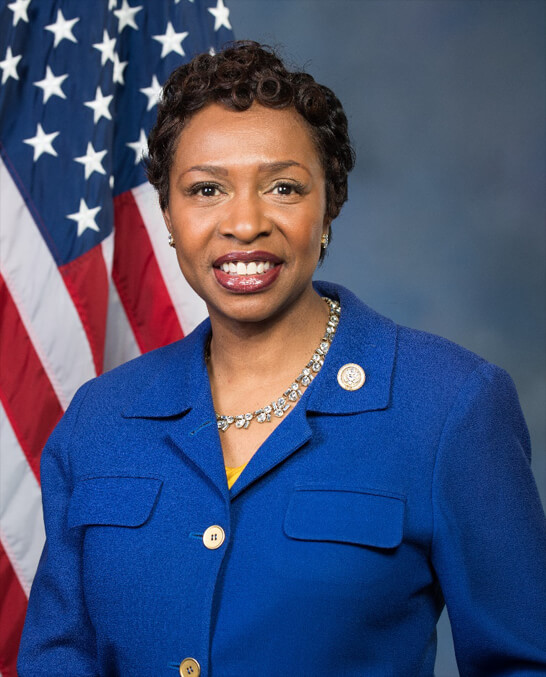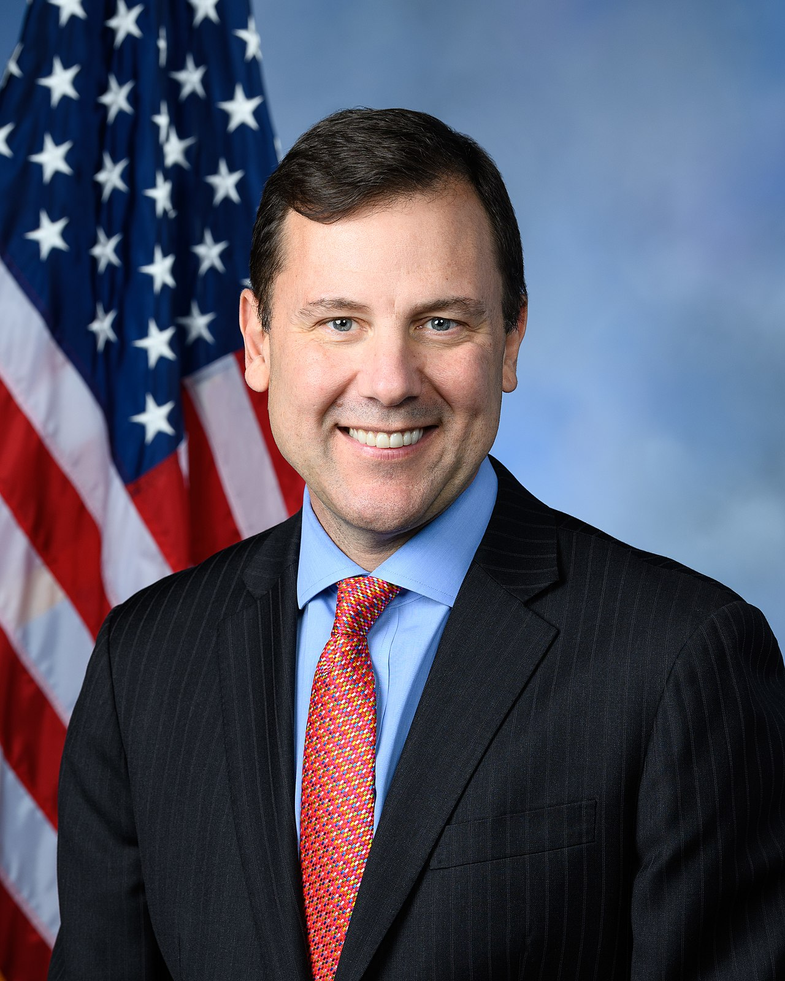H.R. 4649: Smart Cities and Communities Act of 2025
The Smart Cities and Communities Act of 2025 is designed to improve the quality of life in communities by promoting the integration of smart technologies. The main goals of the bill include enhancing services, safety, and overall resilience of urban environments while ensuring that these advancements contribute to equity and stimulate economic growth.
Key Provisions
- Federal Coordination: The bill emphasizes the importance of cooperation among federal agencies to streamline efforts in deploying smart technologies across communities.
- Funding: It authorizes an annual budget of $100 million from 2026 to 2030 specifically for smart city initiatives.
- Grants: Grant programs will be established to support practical demonstrations of smart technologies within urban settings.
- Workforce Training: Programs will be created to train the workforce to implement and maintain these smart technologies effectively.
Support for Cities
The bill outlines a framework for the Secretary of Energy to develop technical assistance programs and provide vouchers to help cities adopt smart technologies. Each year, $20 million will be allocated to support these initiatives, which are aimed at aiding local governments in navigating the complexities of technology implementation.
Study on Funding Mechanisms
The bill mandates a study by the Government Accountability Office (GAO) to review and evaluate various funding mechanisms that could support the proposed smart city initiatives. This study is expected to help identify effective strategies for financing and sustaining these projects in the long term.
Goals of Smart City Technologies
- Improve public safety through advanced surveillance and emergency response systems.
- Enhance transportation systems with smart traffic management to reduce congestion.
- Boost resource efficiency through better energy management and waste reduction strategies.
- Foster inclusive access to technology and services, ensuring that all community members benefit from smart advancements.
Expected Outcomes
Overall, the enactment of the Smart Cities and Communities Act of 2025 is anticipated to lead to more livable, sustainable, and economically vibrant urban environments as local governments leverage smart technologies to meet the needs of their constituents.
Relevant Companies
- GE - General Electric may be involved in providing advanced energy management and smart infrastructure technologies.
- IBM - International Business Machines Corporation could see an increase in demand for its smart city solutions and data analytics services.
- CHKP - Check Point Software Technologies may benefit from heightened interest in cybersecurity for smart city applications.
This is an AI-generated summary of the bill text. There may be mistakes.
Sponsors
2 bill sponsors
Actions
2 actions
| Date | Action |
|---|---|
| Jul. 23, 2025 | Introduced in House |
| Jul. 23, 2025 | Referred to the Committee on Energy and Commerce, and in addition to the Committees on Science, Space, and Technology, Education and Workforce, and Foreign Affairs, for a period to be subsequently determined by the Speaker, in each case for consideration of such provisions as fall within the jurisdiction of the committee concerned. |
Corporate Lobbying
0 companies lobbying
None found.
* Note that there can be significant delays in lobbying disclosures, and our data may be incomplete.
























